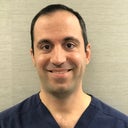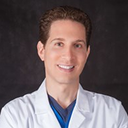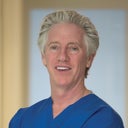How can I correct hollow sunken eyes after eyelid surgery? And uneven stitches? (Photo)
1 month after surgery the area of my stitches still pull, hurt. In the morning my eyes are puffy and feel a bit better appearance wise towards evening they sunk in, pull and uneven stitches are more visible. Something doesn't feel right. If I sleep long my eyes swell and feel like they r about to explode. I'm afraid this might be due to insufficient skin. My eye sockets are visible and lids too wide, stitches high. Will lids be covered over time as stitches heal and skin relaxes? I'm depressed







